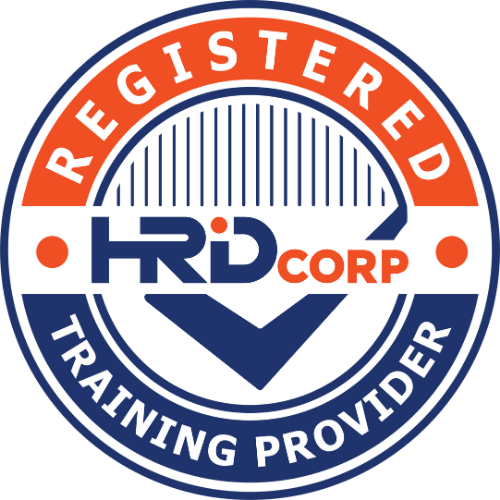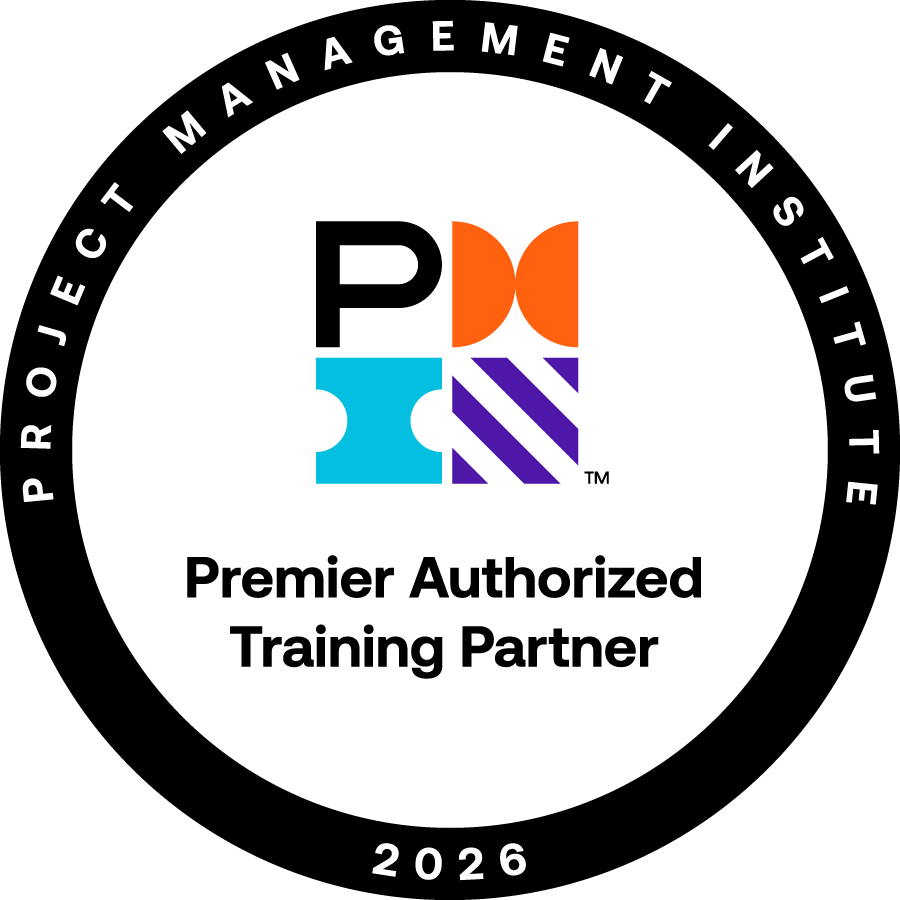Do you qualify for the Project Management Professional (PMP®) Certification?
In the field of Project Management, the most popular professional upskilling certification course is the Project Management Professional (PMP®) Certification. However, before anyone can join for the course and sit for the exam, they will need to qualify for the course.
Aspiring students will need to satisfy the following conditions:-
- Degree or Diploma in any field;
- If in possession of Degree, at least 3 non-overlapping years of project management based work experience. If in possession of a Diploma, at least 5 non-overlapping years of project management based work experience;
- 35 Contact Hours of Project Management education with an Authorized Training Partner (ATP)
The first question that usually arises when an aspiring student views the terms above is if their work can be considered as a ‘project’ in the eyes of PMI. In short, if you are working towards a unique deliverable (as opposed to an operation), with defined start and end dates, it is most likely a project that you are working on.
As for the non-overlapping requirement, let's look at an example to see how this plays out. Assume an aspiring PMP candidate worked on multiple projects that add up to 3 years, but all projects were concurrently managed and was actually completed in 18 months. This candidate would not qualify despite the fact that both the projects he has worked on adds up to 3 years, as the timeframe was overlapping. This candidate would still need to have another 18 months of experience before being able to qualify for the examination.
This is what PMI means when it says your experience must be non-overlapping. Keep this in mind when adding up project experience.
The applicant must also show that, over the course of their experience, they have worked in some fashion on each of the five process groups: Initiating, Planning, Executing, Monitoring and Controlling, and Closing. They need not have touched on all these areas for every project, nor is there an hourly requirement for each specific process group. But in the aggregate, must document some hours falling within each of these process groups over the course of the overall experience.
One final note on the experience requirement: PMI will not consider work experience that is obtained more than 7 years before the date of your application. This cutoff sometimes wreaks havoc for people who worked on projects in the distant past, but have not done much recently.
Audit
PMI will usually accept that the experience aspiring students have declared on paper without further scrutiny. However, aspiring students must not simply misstate their experience. This would be a serious ethical violation and would likely bar students from ever obtaining your PMP certification designation (or any other PMI® credential for that matter). In any case, PMI also randomly audits around 5 – 10% of all PMP exam candidates to verify that all information provided is accurate.
These audits are fairly simple with the first step being the submission of your education certificates. Next, applicants must verify the project experience submitted, by having your project supervisor sign off a pre-prepared letter confirming your experience in the projects listed. Finally, the applicant must prove that they have collected the required 35 Contact Hours of project management education by sharing proof of attendance.
If you are interested in obtaining a PMI certification but do not qualify, there is still a way to distinguish yourself before PMP certification. Aspiring project managers should consider earning their Certified Associate in Project Management (CAPM)® Certification. Find out more here
If you do think you qualify, the PMP certification remains a must-have for any serious project manager, opening the door to increased salary and better job opportunities. Let us help you take the next step in your career. Contact us for further information on the course!






